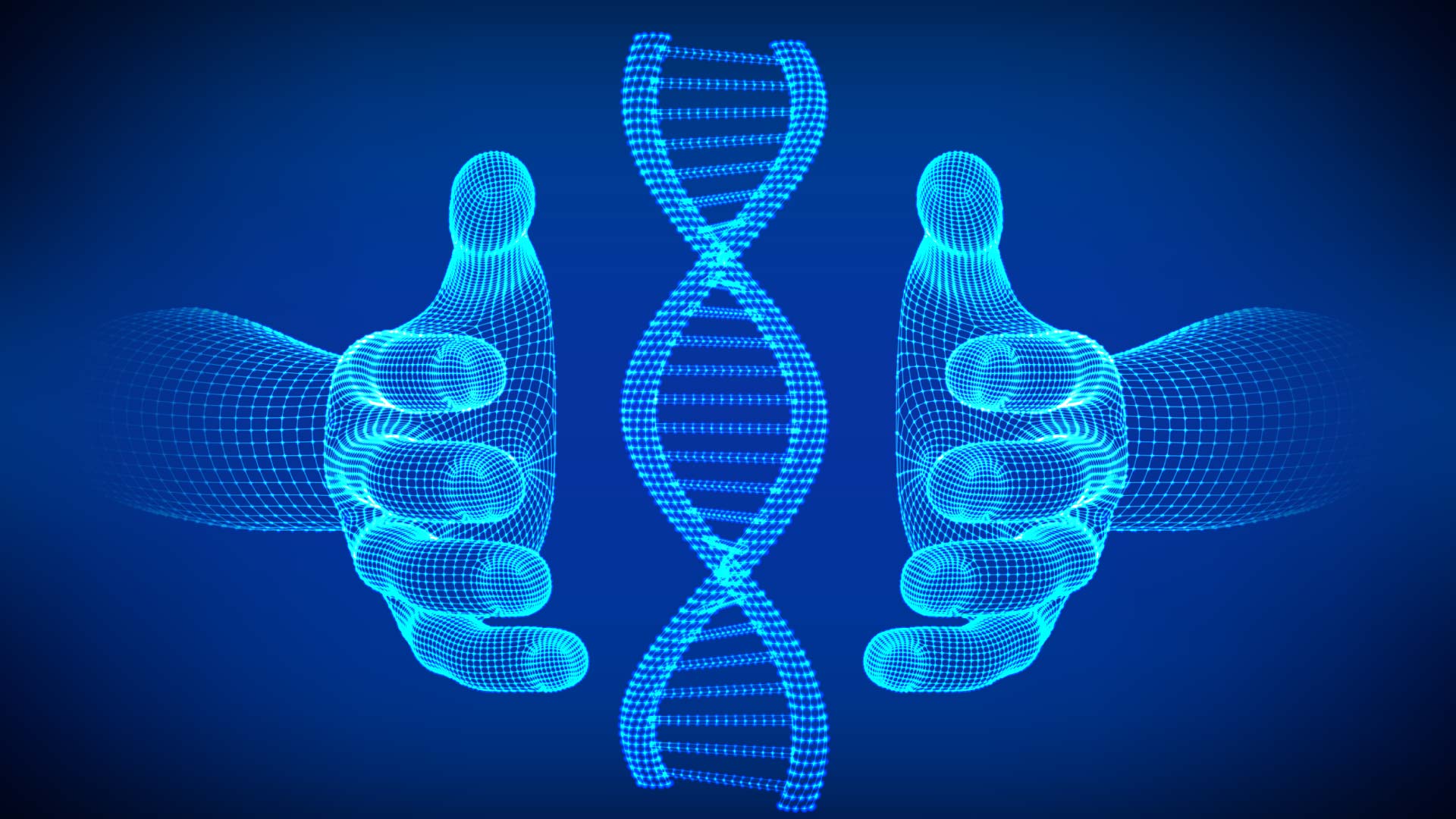
AI Unlocks the Mysteries of the Human GenomeAI Unlocks the Mysteries of the Human Genome The enigmatic human genome, with its intricate tapestry of genetic information, has long held scientists in awe. In recent years, artificial intelligence (AI) has emerged as a transformative force, unlocking the secrets of this genetic blueprint in unprecedented ways. Accelerated Genome Sequencing AI algorithms have significantly accelerated the process of genome sequencing. By utilizing machine learning to identify patterns and optimize sequencing techniques, AI-powered tools can now analyze vast genetic data sets in a fraction of the time taken by traditional methods. This speed and efficiency have made genome sequencing more accessible and cost-effective, paving the way for personalized medicine and genetic research on a larger scale. Precision Medicine One of the most profound impacts of AI on the human genome is in the field of precision medicine. By correlating genetic data with patient health records, AI algorithms can identify genetic variants associated with specific diseases. This information empowers healthcare professionals to tailor treatments to each patient’s unique genetic profile, increasing efficacy and reducing potential side effects. Disease Diagnosis and Prognosis AI has also revolutionized the diagnosis and prognosis of genetic disorders. Algorithms trained on massive datasets can detect patterns in genetic data that are often imperceptible to the human eye. This enhanced precision enables the identification of rare and complex genetic diseases at an earlier stage and allows healthcare professionals to predict the likely course of the disease and provide appropriate interventions. Drug Discovery and Development By analyzing genetic information, AI can shed light on the molecular mechanisms underlying diseases and identify potential therapeutic targets. AI-powered algorithms can screen vast compound libraries to identify promising drug candidates and predict their interactions with the human genome. This approach accelerates drug discovery and development, potentially leading to more effective and personalized treatments. Personalized Risk Prediction AI algorithms can analyze genetic data to assess an individual’s risk of developing certain diseases. By combining genetic information with other factors such as lifestyle and environmental exposures, AI models can provide personalized risk predictions, enabling individuals to make informed decisions about their health and well-being. Limitations and Ethical Considerations While AI has unlocked remarkable insights into the human genome, it is important to acknowledge its limitations and address ethical considerations. AI algorithms rely on data quality and quantity, and biases in data can perpetuate inequities in healthcare. Furthermore, the vast amount of genetic information generated by AI raises concerns about privacy, consent, and the potential for genetic discrimination. In conclusion, AI has revolutionized the field of genomics, accelerating genome sequencing, enabling precision medicine, enhancing disease diagnosis and prognosis, facilitating drug discovery, and empowering personalized risk prediction. However, it is imperative to proceed with caution, address ethical concerns, and ensure that AI is employed responsibly and equitably to unlock the full potential of the human genome for the benefit of all.
Posted inNews